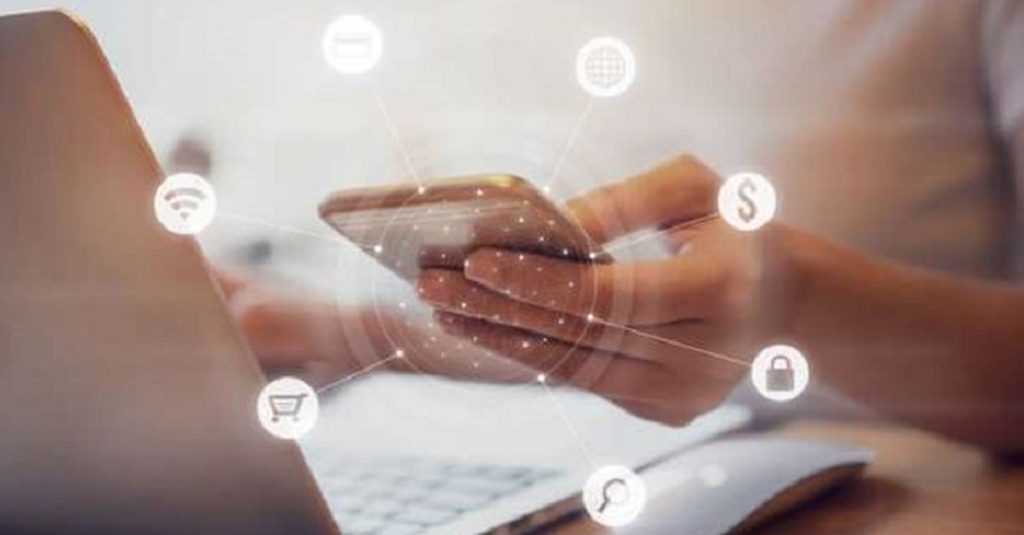In today’s modern era, technology has transformed the world in ways that are unimaginable. Mobile devices such as smartphones and tablets permeate our daily life, imparting incredible access to latest information and communication. With digitization, functionality of these devices is improving, along with their potential to support learning in innovative ways. Looking towards the future, it seems quite clear that the scope of mobile learning lies in a world where technology is cost-effective, robust and more connected than it is today.
Technological Advances Driving the Trend of Mobile Learning
The ever-evolving market for interactive mobile learning apps has provided a wide scope for course distribution, stimulating substantial investment for mobile devices. Modern learners prefer bite-sized content which is accessible across varied mobile devices. For instance, instead of attending instructor-led classroom training, employees choose from a variety of mobile apps that impart training pertinent to their individual needs, thereby reinforcing the overall learning experience. Let us discuss ten technological advances that will leave a huge impact on learning and development of organizations from a global perspective:
1. Technology will be more accessible & affordable
While technological innovation is certain, the advances will greatly influence training from the support of latest trends- namely increased functionality, collaboration and memory at reduced costs. Increased availability of personalized smart devices and cloud-based services will open up a myriad of opportunities for mobile learning solutions. Today, organizations imagine a day where everyone will own a touch-screen mobile device and experience a seamless access to internet and other networks.
2. Availability of new type of data
Today, most of the mobile devices comprise of different kinds of sensors. For instance, sound is sensed through microphone, location through GPS and speed through an accelerometer. The latest use of these sensors include mobile apps that keep track of sleep patterns. New data types, when blended with the increasing amount of data collected through mobile devices, foster better relationships between learners and technology. Devices will know their users and smartly connect with them, thereby delivering a more personalized learning experience.
3. Mobile devices will synthesize huge amounts of data
From personal to organizational data, most of the information is recorded. In the future, it is expected that devices connected through cloud will have the ability to synthesize huge amounts of data and analyze new patterns.
4. No more language barriers
With advances in natural language processing, mobile devices will be able to successfully translate language with greater accuracy. If the use of translation apps improves, new-age learners will have higher access to the updated content. Consequently, this will aid learners to access courses at their own pace and in their desired languages.
5. Energy sources will improve
Limitations in energy consumption becomes a barrier to mobile technology, especially in countries where electricity is unreliable as well as expensive. Incredible improvements will be made in this domain as batteries become cost-effective, reliable and faster. As energy resources improve, infrastructure issues in various poor areas will be less of an impediment to delivering mobile solutions.
6. Screen size issue will disappear
Currently, screens of different kinds of mobile devices are considerably small. Most of the applications are developed in accordance to customized mobile devices, where text and graphics can appear too small to cause eye-strain or too large which require consistent scrolling. Projectors such as Google Glass Augmented Reality spectacles, will display larger screens than those physically accessible on a device, with 3D capabilities and better resolution.
7. Experiential learning
With increasing scope of embedded and location-based technologies, experiential learning is also trending. It follows a blended learning approach to integrate activities, create effective leadership development programs, strategic planning, collaboration, feedback and behavioral styles.
8. Personalized learning experience
The trend of personalized learning will emerge in the next few years with the help of mobile learning. Latest sensor technologies over smart devices, coupled with visualization technologies will explore new insights on effective training delivery. The personalization features of mobile technologies allow modern learners to learn at their own pace of time and convenience.
9. New forms of assessment
The role of assessments will incredibly increase with the increasing use of mobile devices. Mobile technology will initiate self-assessment and evaluation throughout the learning program. Learners will be able to gather data, compile practice portfolios with summative assessments, thereby bringing different learners’ perspective on their individual performances.
10. Social interaction
Today, mobile technology has enabled modern workforce to share audios and videos which are easy to produce and access across personalized mobile devices. It results in increased peer collaboration, employee engagement and social interactivity.
Regardless of its ubiquitous nature, technology cannot determine how e-learning caters to the customized needs of diversified audiences. Therefore, it is essential to design a holistic approach towards delivering effective mobile learning solutions for learners of all ages.
Suggested Further Reading: http://unesdoc.unesco.org/images/0021/002196/219637E.pdf








